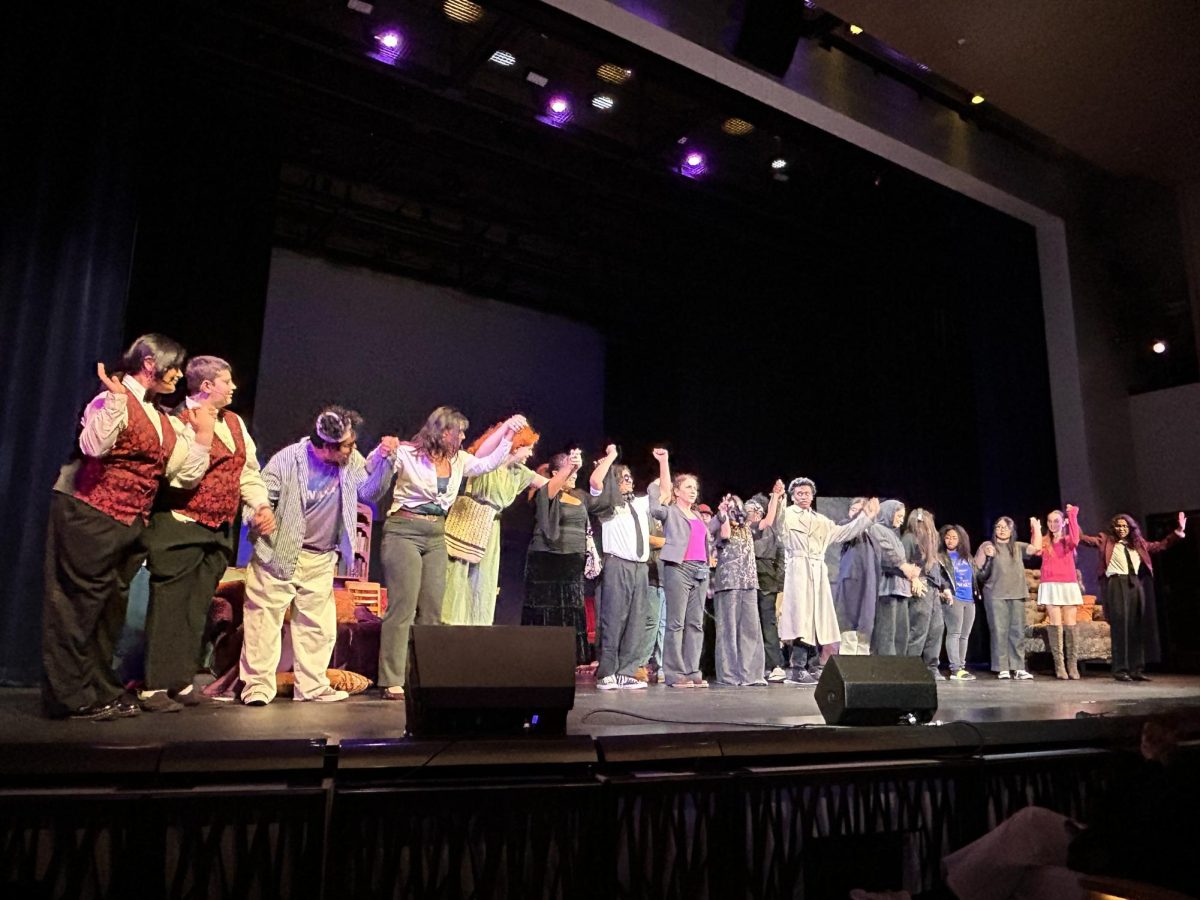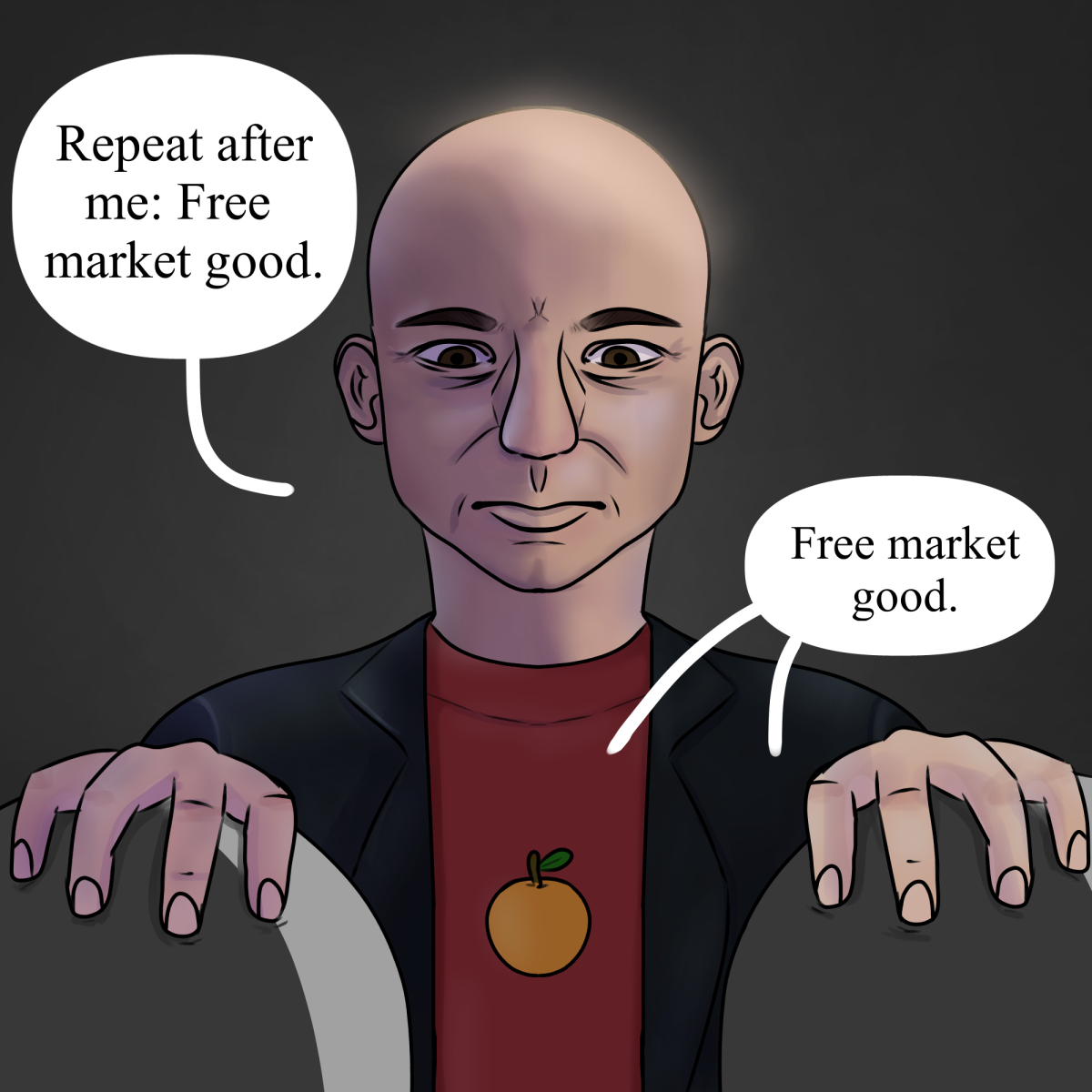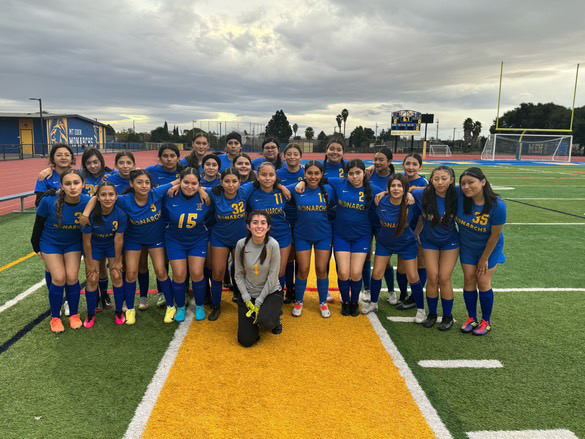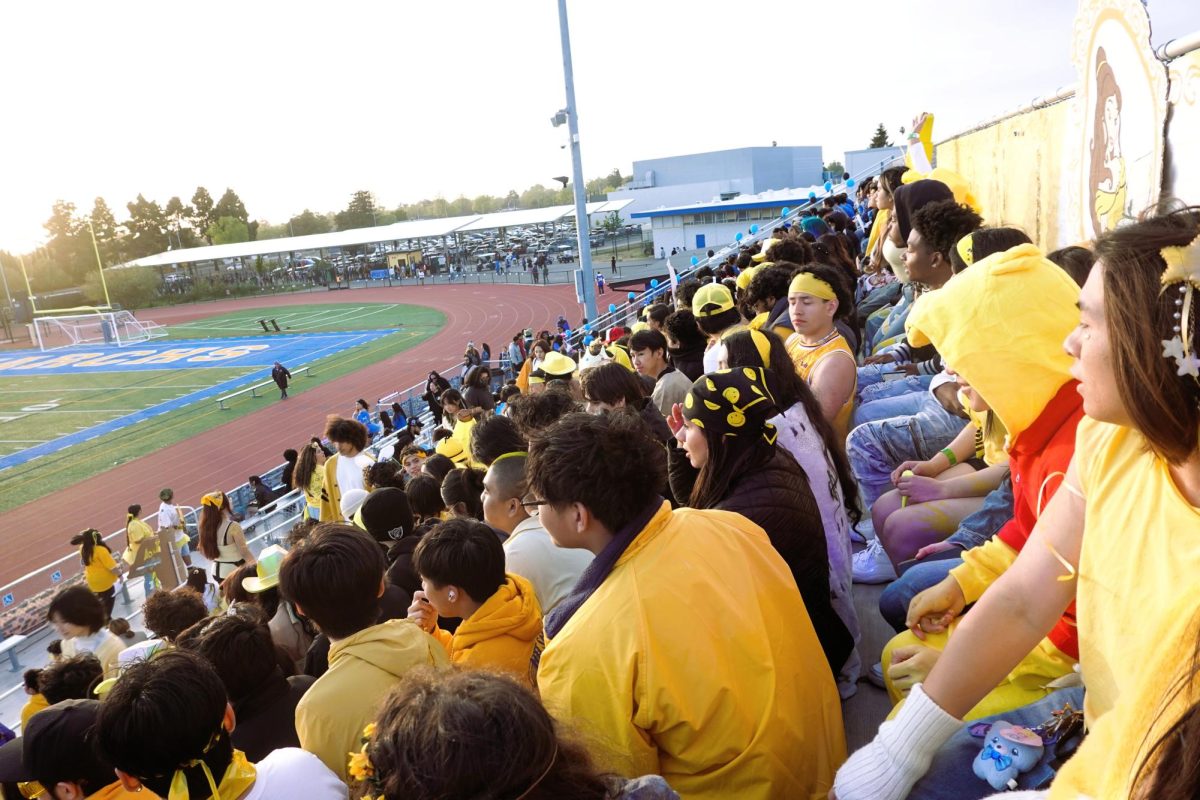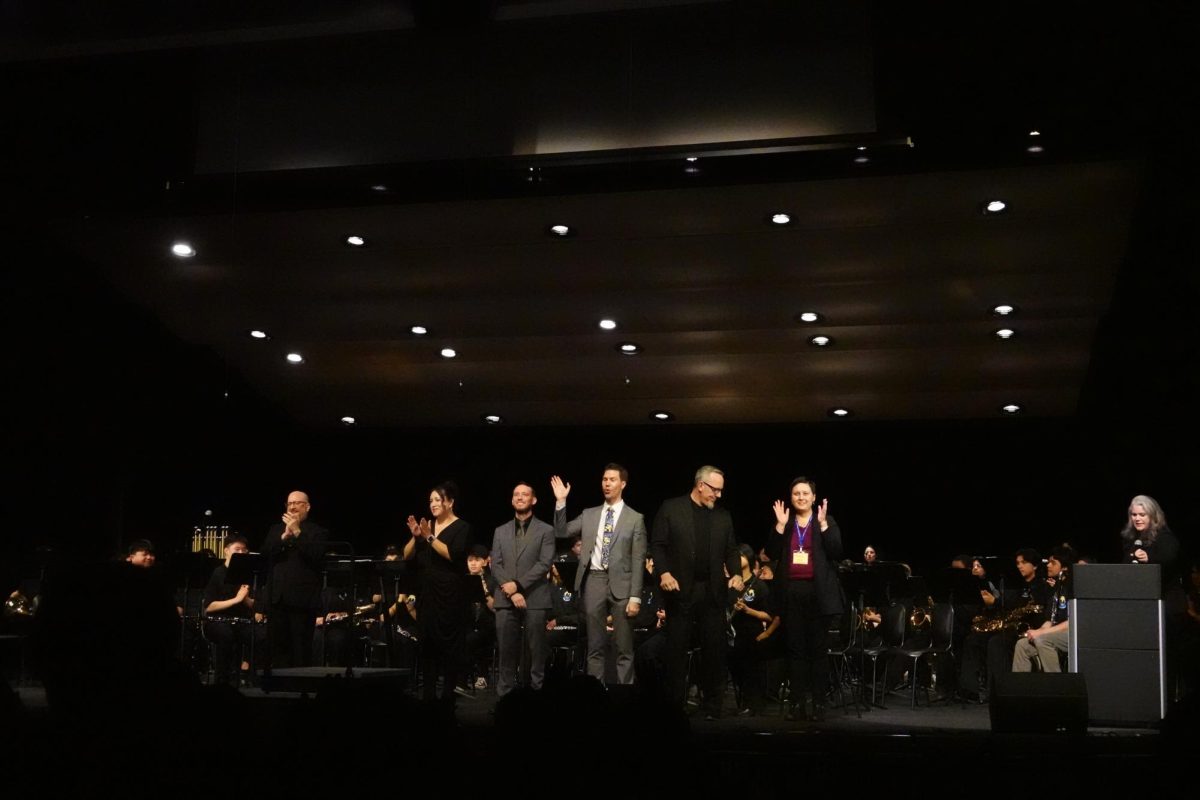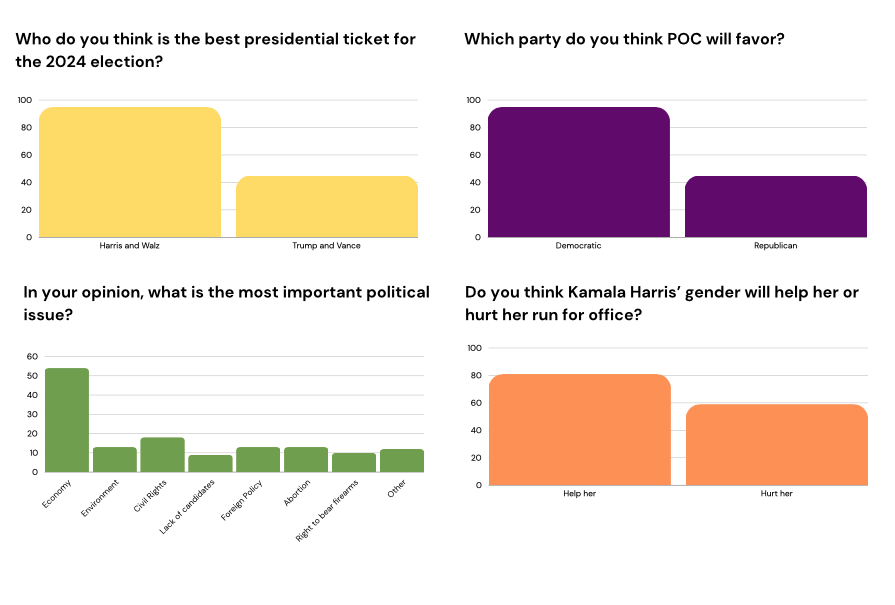On September 28, 2023, California Governor Gavin Newsom signed into law Assembly Bill (AB) 1228, which will raise the minimum wage of the state’s fast-food workers to $20 per hour. The state passed this bill to improve the livelihoods of fast-food employees living in California. The legislation will take effect beginning April 1, 2024.
Contrary to popular belief, most fast-food workers are not teenagers but breadwinners of low-income families whom this decision will significantly impact. Even with the increase in wages, many workers and their families still struggle to stay afloat, especially in regions like the Bay Area.
The increased minimum wage would mean an annual salary of $41,600 for a full-time fast-food worker in California. The state’s poverty line for a four-person family is approximately $36,000, but to live comfortably in the Bay Area, a four-person family with two working adults would require a household income of approximately $145,000. Even with two full-time fast-food workers, a family would earn only about 57% of that amount and struggle to pay for expenses.
Despite the industry not being as teen-dominated as people think, fast-food companies employ a vast amount of high school students. Ryan Ruiz, a Mt. Eden High School senior employed at Burger King, earns around $16.67 per hour. There are “pros and cons” to this decision according to Ruiz.
“A pro would be… it’s gonna look better when I get my check, and when it comes to next year when I’m going to college, having the bigger paychecks would be better for tuition, but there’s also cons like … inflation,” said Ruiz. This concern of higher prices brought up by Ruiz is a common criticism of increasing workers’ wages. Yet, wage increases according to the Federal Reserve Bank of San Francisco, is not a major cause of inflation, meaning these concerns are over emphasized.
Another student, Nathan Pham, says he used to work at Chef Teriyaki and earned about $15 per hour. “I was just looking for a few bucks because I wanted to buy something for my sport, badminton,” Pham commented. “I was satisfied with the pay, but looking back at it, with the amount of work, I worked three different jobs at the same time, so I worked cashier, cook, and stocker…For me, I thought it was a learning experience but I probably should have asked for more pay,” he said. Not only does he think the pay could have been better, some of the working conditions were problematic. He was especially concerned about safety issues.
Although he no longer works at the fast-food restaurant, when asked about the increased minimum wage he thought it was a positive thing. “It would be really beneficial for students and just low-income families in general,” said Pham.
Despite the desire to spend a minimum wage paycheck for personal interests, low-income families don’t have the ability to pay for all the necessities in the Bay Area. Even with the increase in wages, fast-food workers must be conscious of every purchase they make. Students also reflect on how the jobs they hold are necessary to keep a family taken care of. “Instead of spending [my paycheck] on my own personal benefit, I could have given some to my mom because she definitely needs the money,” added Pham.






